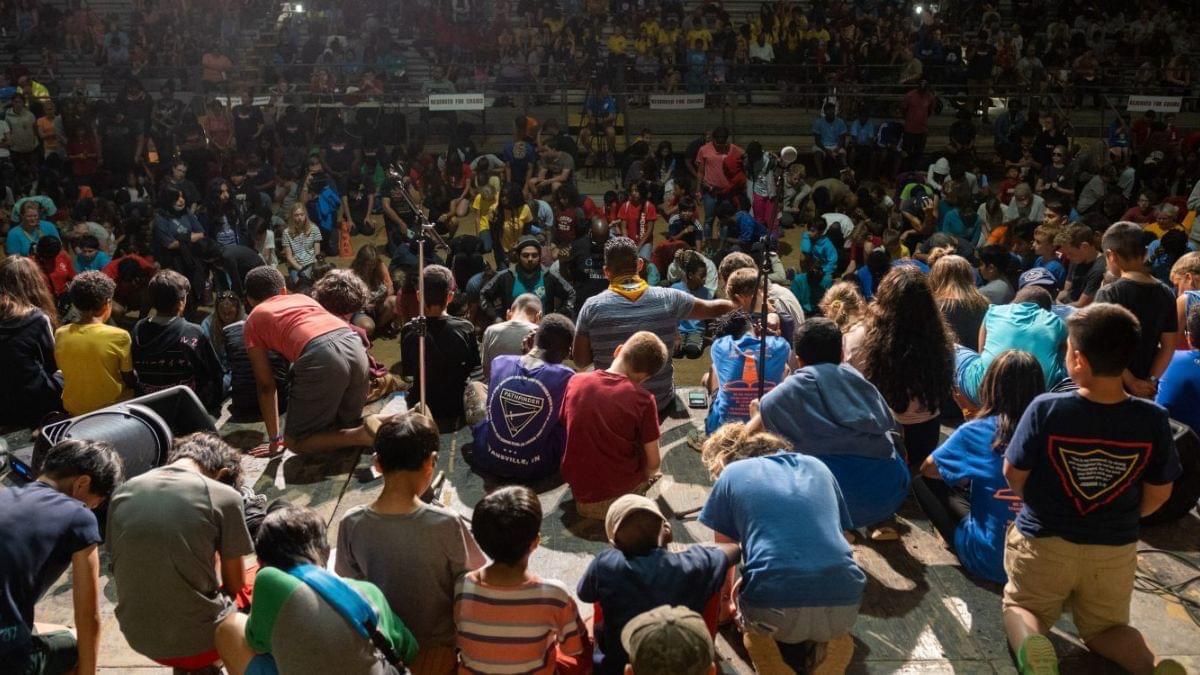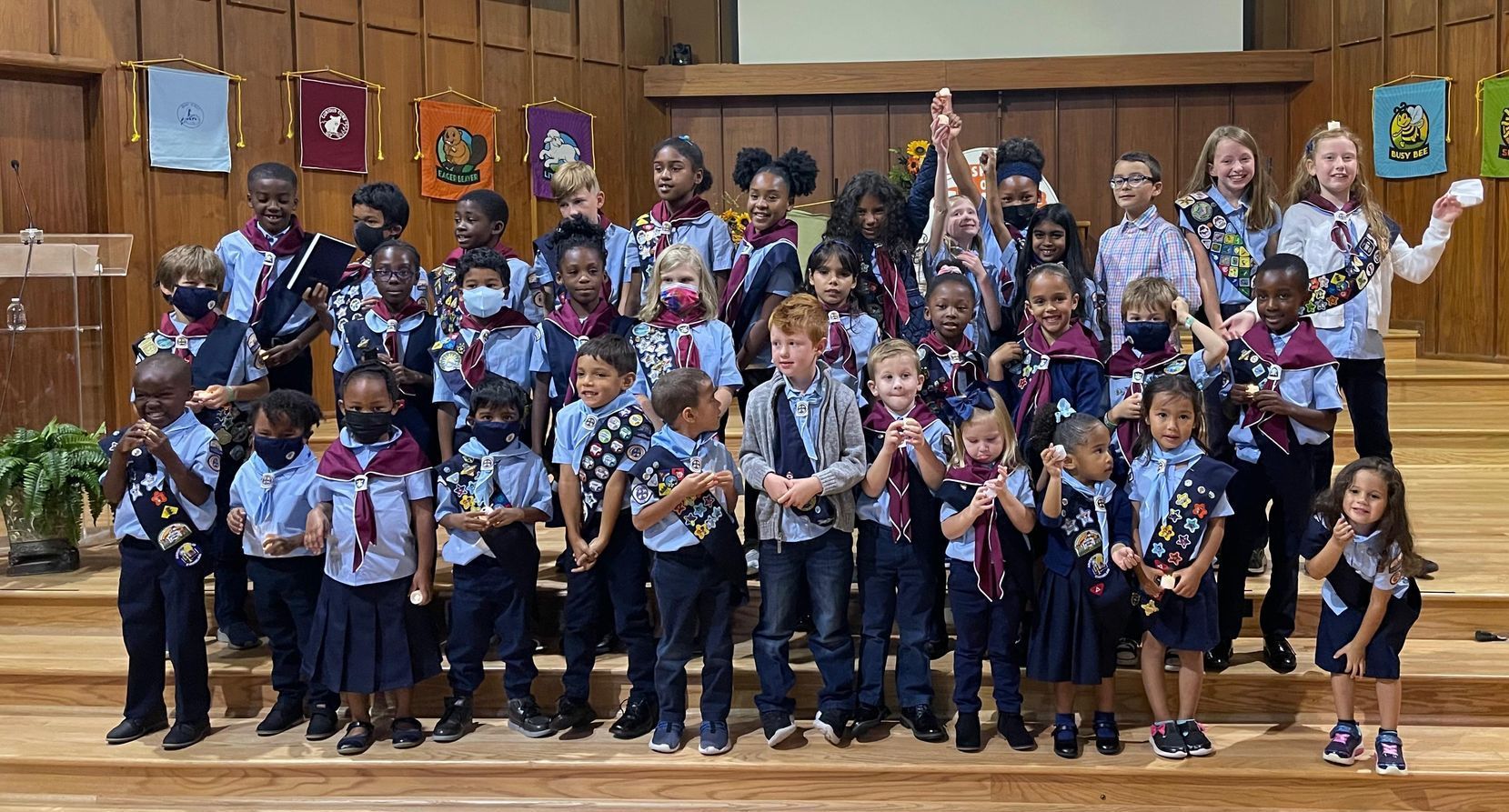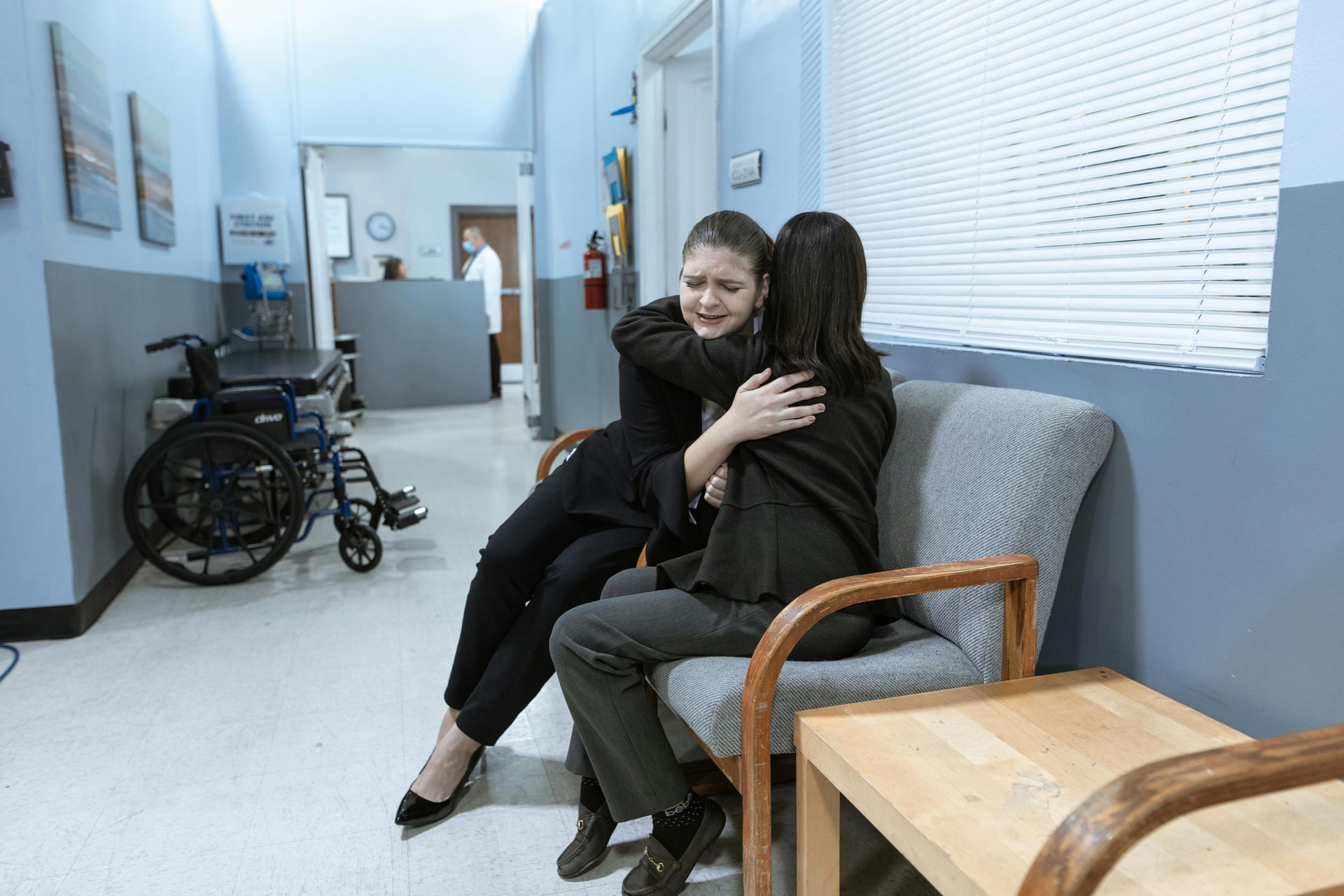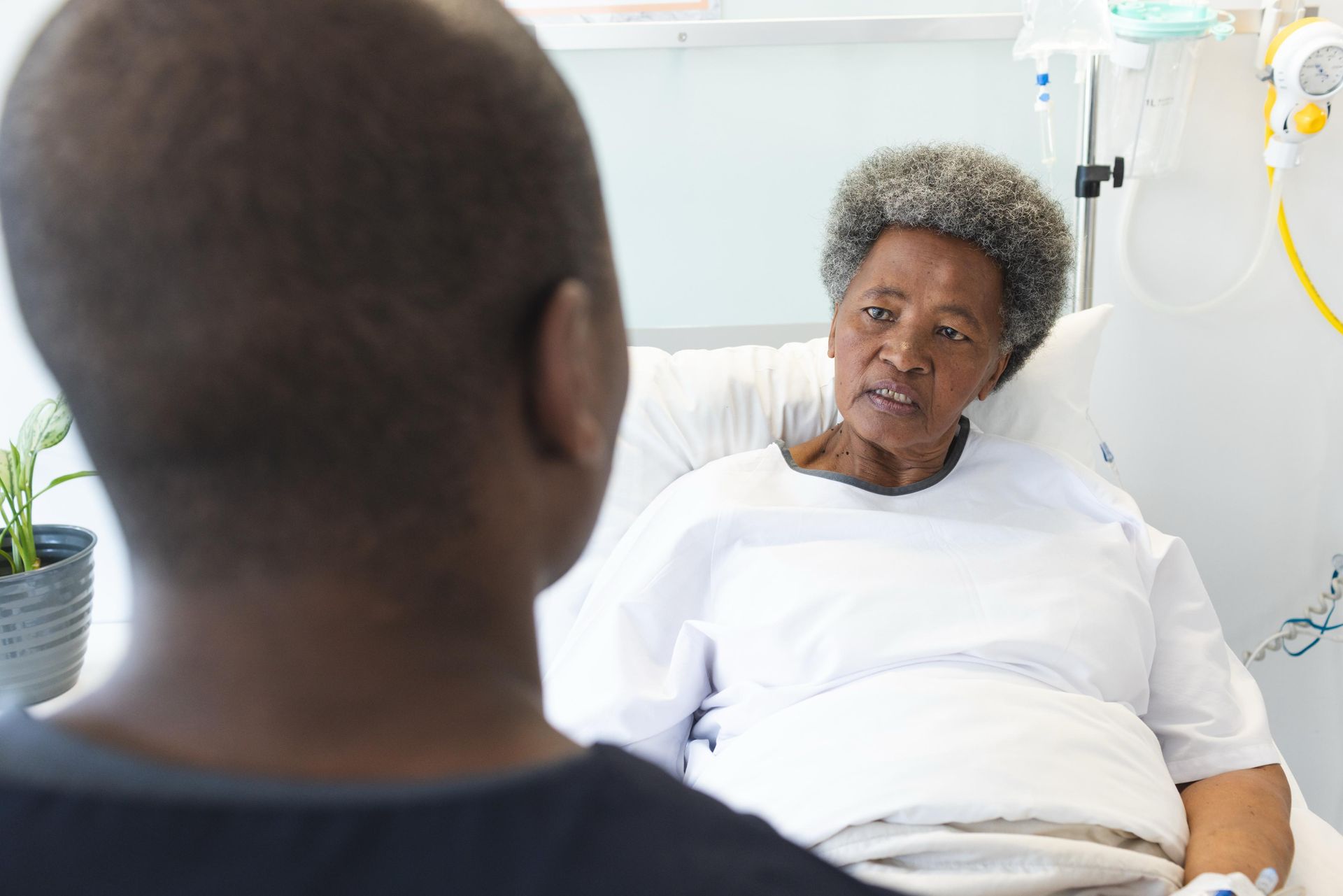RECENT BLOG

Preaching to Pathfinders is a privilege and a joy. They are not just the future of the church, they are its vibrant present. Pathfinders are full of energy, curiosity, and heart. They are eager to learn, to explore, and to grow in their walk with Jesus. When you step up to preach to them, you are stepping into sacred ground. You are shaping lives, planting seeds, and building faith.
Here are some key principles I have learned from preaching to Pathfinders around the world.
Speak their language
Pathfinders need messages they can understand and connect with. Use clear words, short sentences, and simple examples. Avoid complicated theology or formal language. Instead, use stories, everyday illustrations, and relatable emotions. If they understand you, they will listen.
Be real and authentic
Pathfinders can sense when someone is genuine. Speak from the heart. Be honest about your own journey, your struggles, and your victories with Jesus. They are not expecting perfection, they are looking for someone who is real. When you are authentic, they will trust you.
Keep it short and meaningful
Attention spans are short, especially with young people. Your sermon does not have to be long to be powerful. Make one strong point, support it with a story and a verse, and leave them with something to remember. Quality is more important than quantity.
Use stories with a purpose
Pathfinders love stories. Use Bible stories, real-life testimonies, or illustrations they can picture. Make sure each story has a clear message and connects to your main point. Jesus taught with stories, and so should we.
Be interactive
Ask questions, use their names, or invite participation. If possible, use object lessons or visual aids. Pathfinders remember what they see, touch, and do. Engagement helps the message stick and makes the experience fun and memorable.
Point them to Jesus
No matter the theme, always bring it back to Jesus. Show His love, His character, and His mission. Help Pathfinders see that Jesus is their friend, their Savior, and their example. Invite them to follow Him with joy and purpose.
Respect their world
Pathfinders are navigating school, friendships, family life, social media, and spiritual questions. Acknowledge what they are going through. Speak to their reality, and let them know God cares about their everyday lives.
Finish with a clear challenge
Give them a specific takeaway. Whether it is a decision to pray daily, to serve someone, or to forgive a friend, challenge them to act on what they heard. Pathfinders like to move, so give them something to do with their faith.
Final Encouragement
Preaching to Pathfinders is not about performing, it is about connecting. It is not about impressing, it is about inspiring. Speak with love, clarity, and joy. Point them to Jesus with every word. And remember, your message may be short, but its impact can last a lifetime.
✍️
About the Author
Andrés J. Peralta is a global youth ministry leader, Navy chaplain, and passionate advocate for intergenerational mission. He has traveled to more than 100 countries, listening to young voices and equipping leaders to serve with vision and heart.
Related Articles
Related Articles













